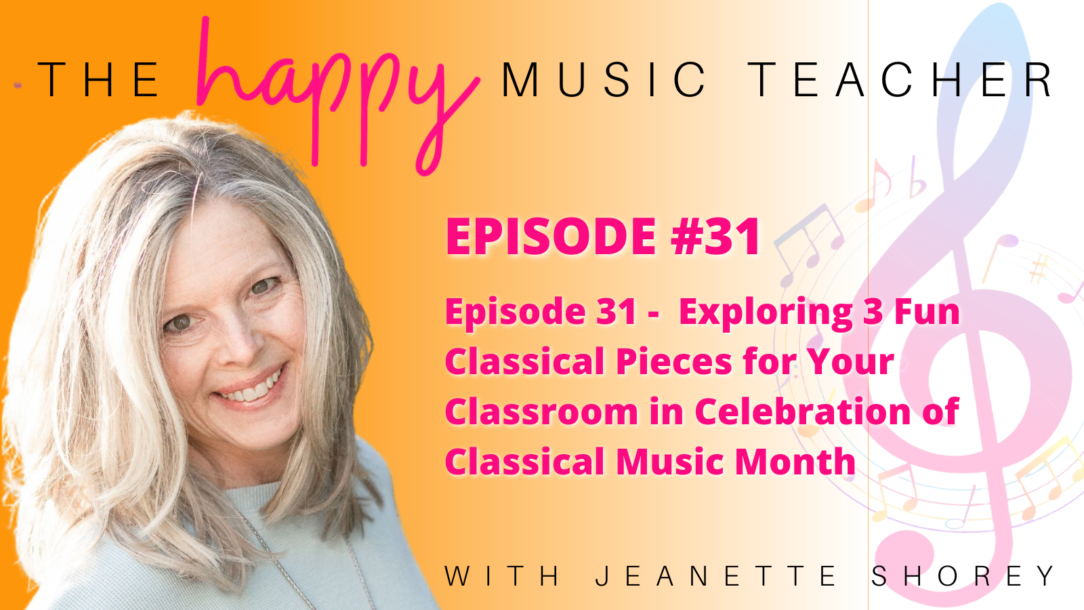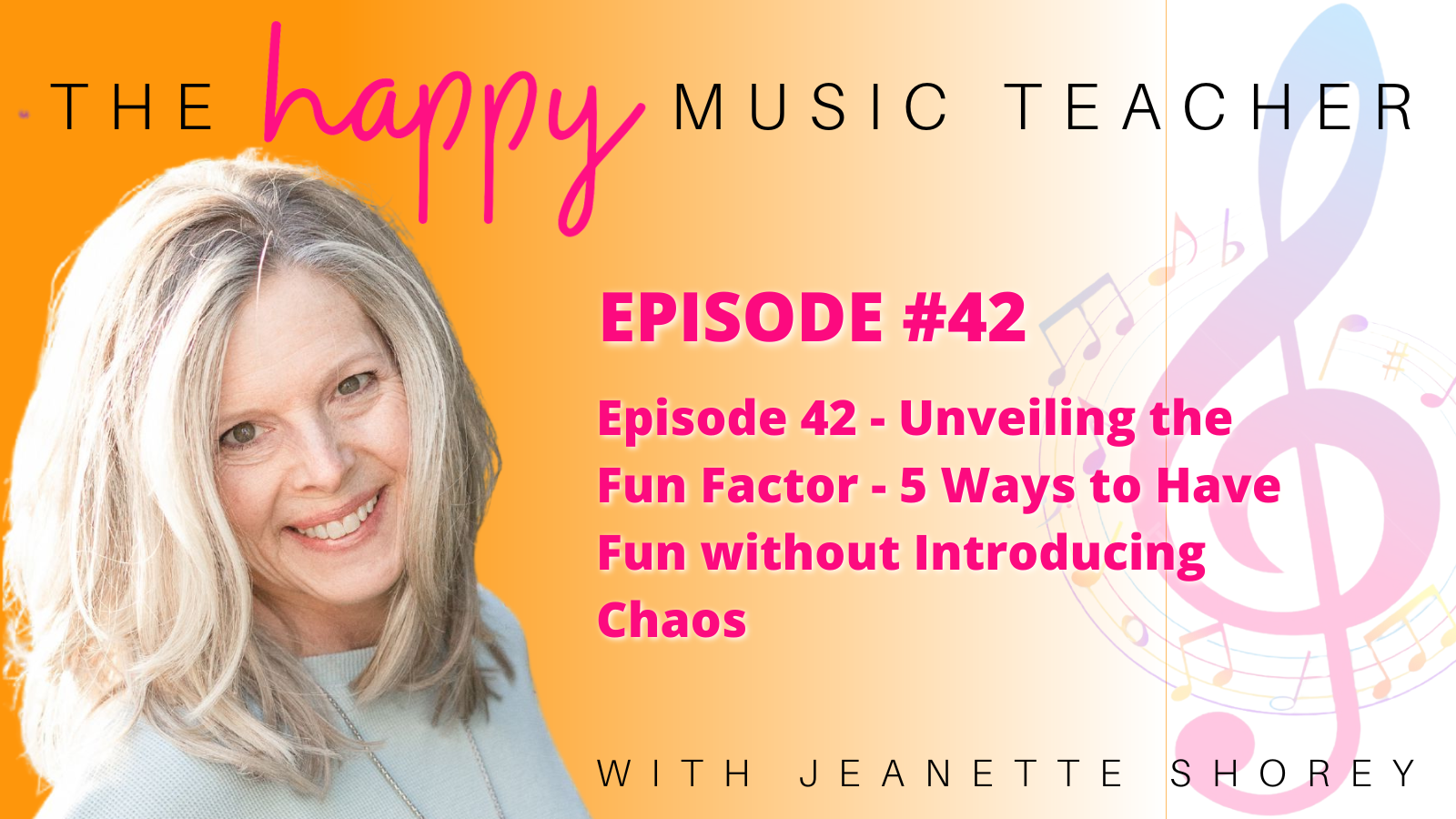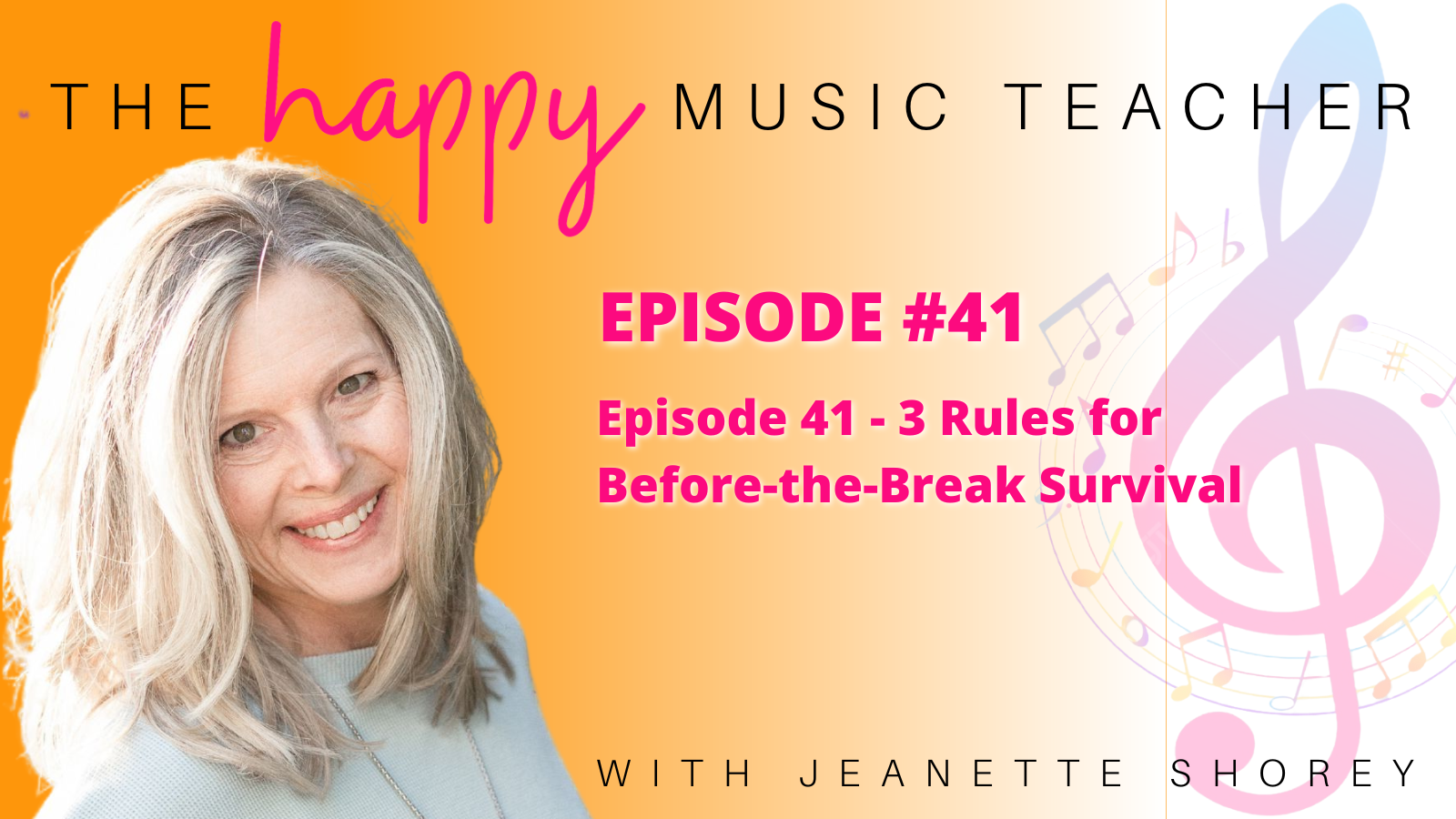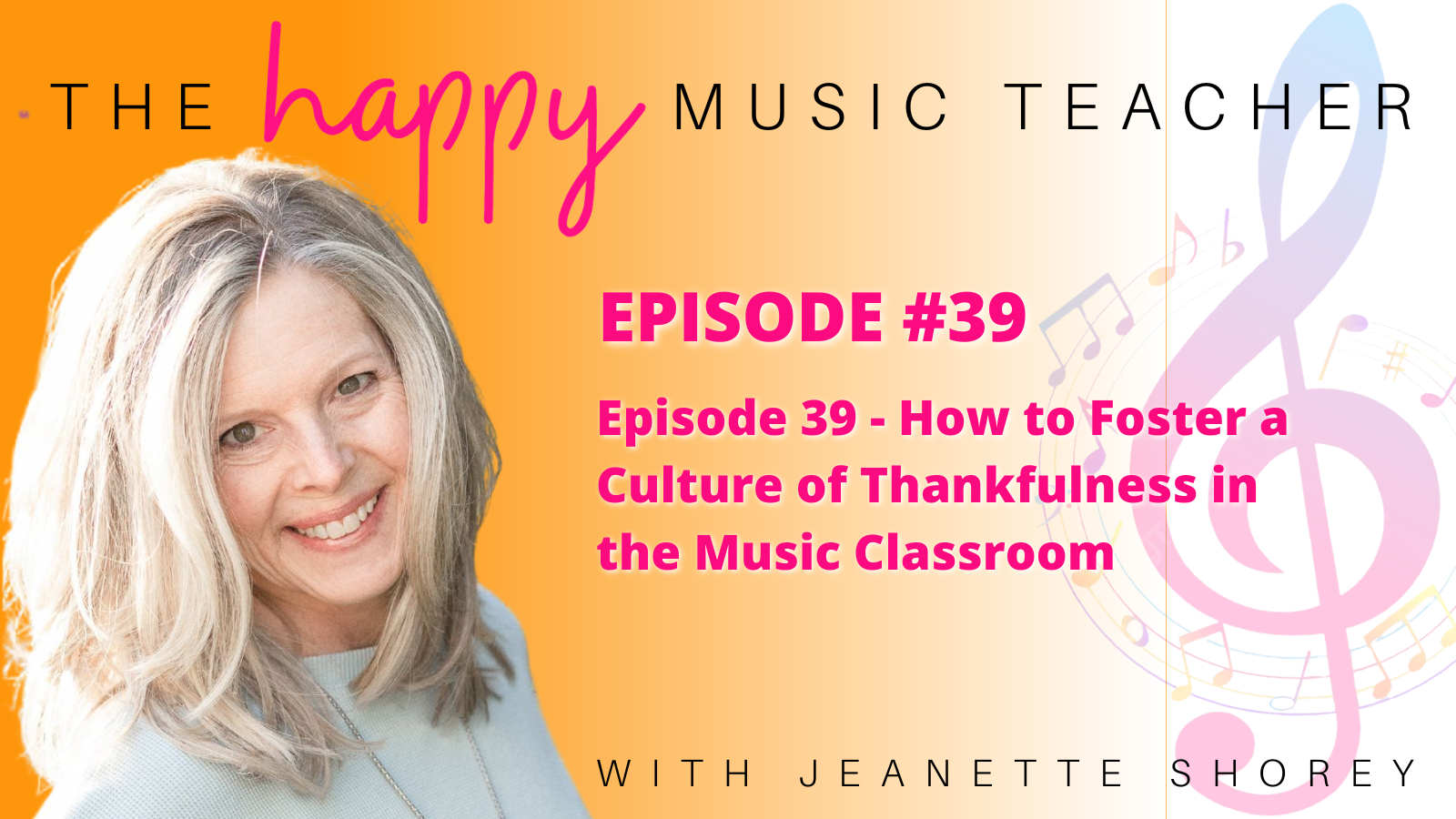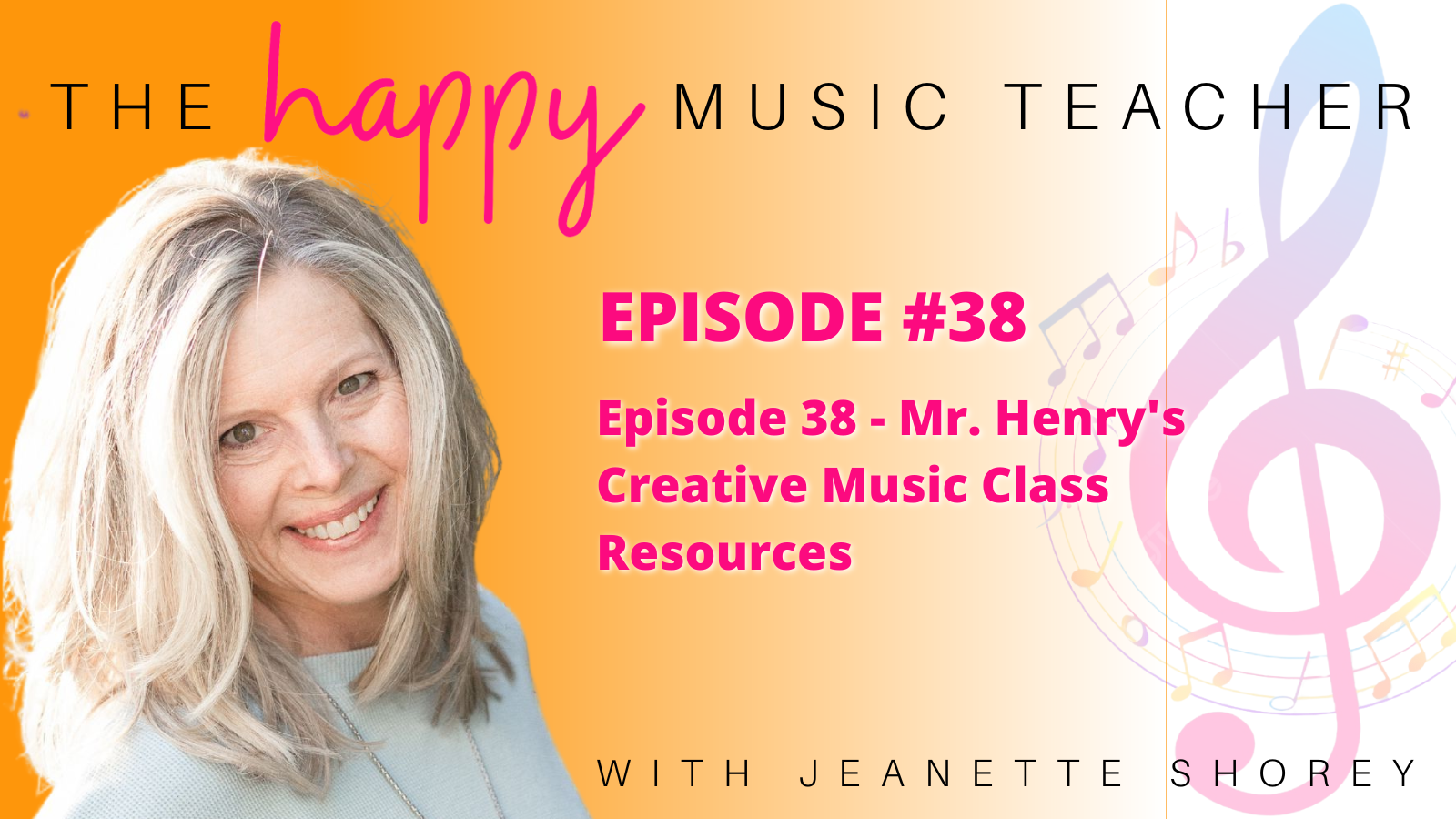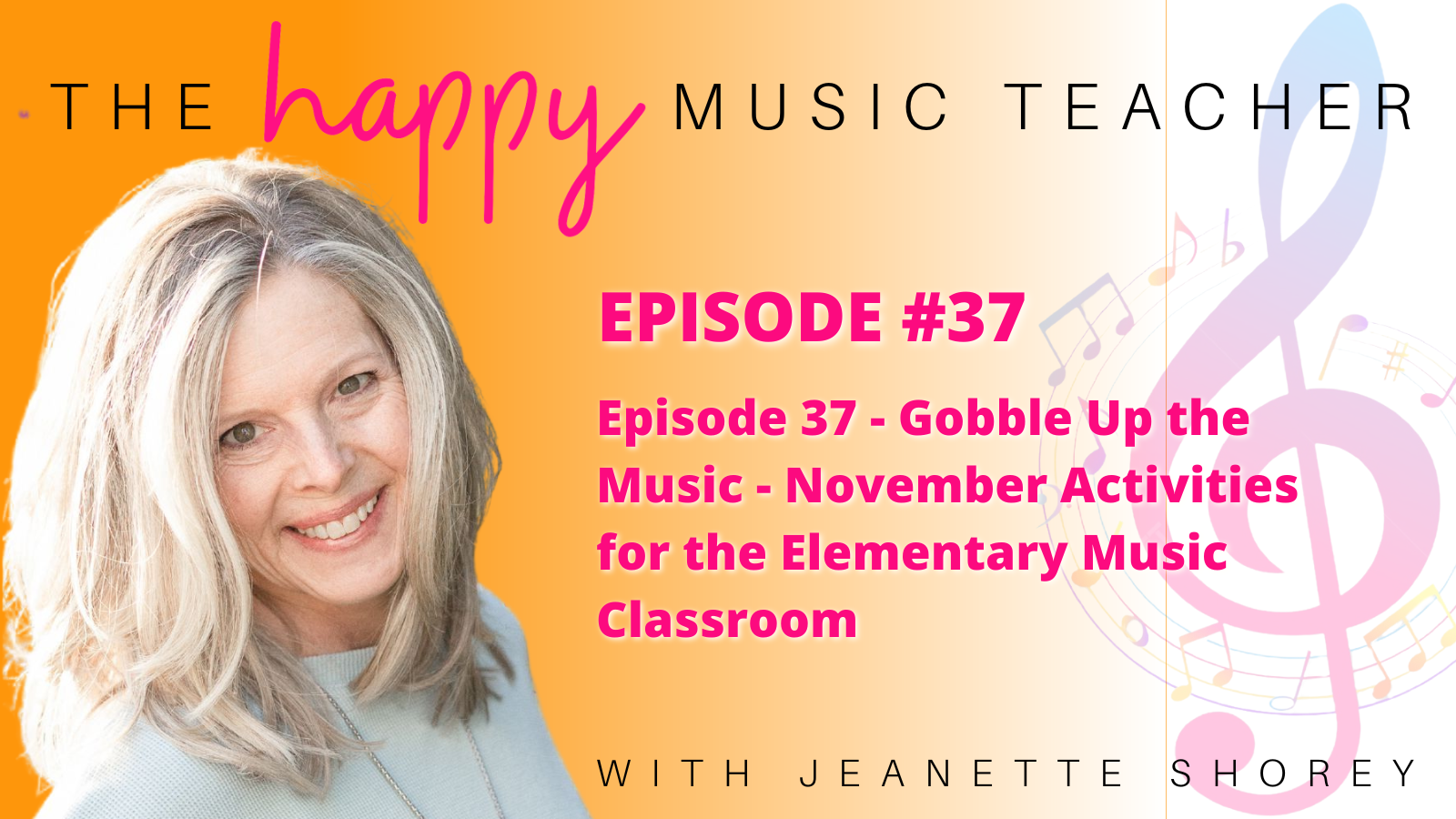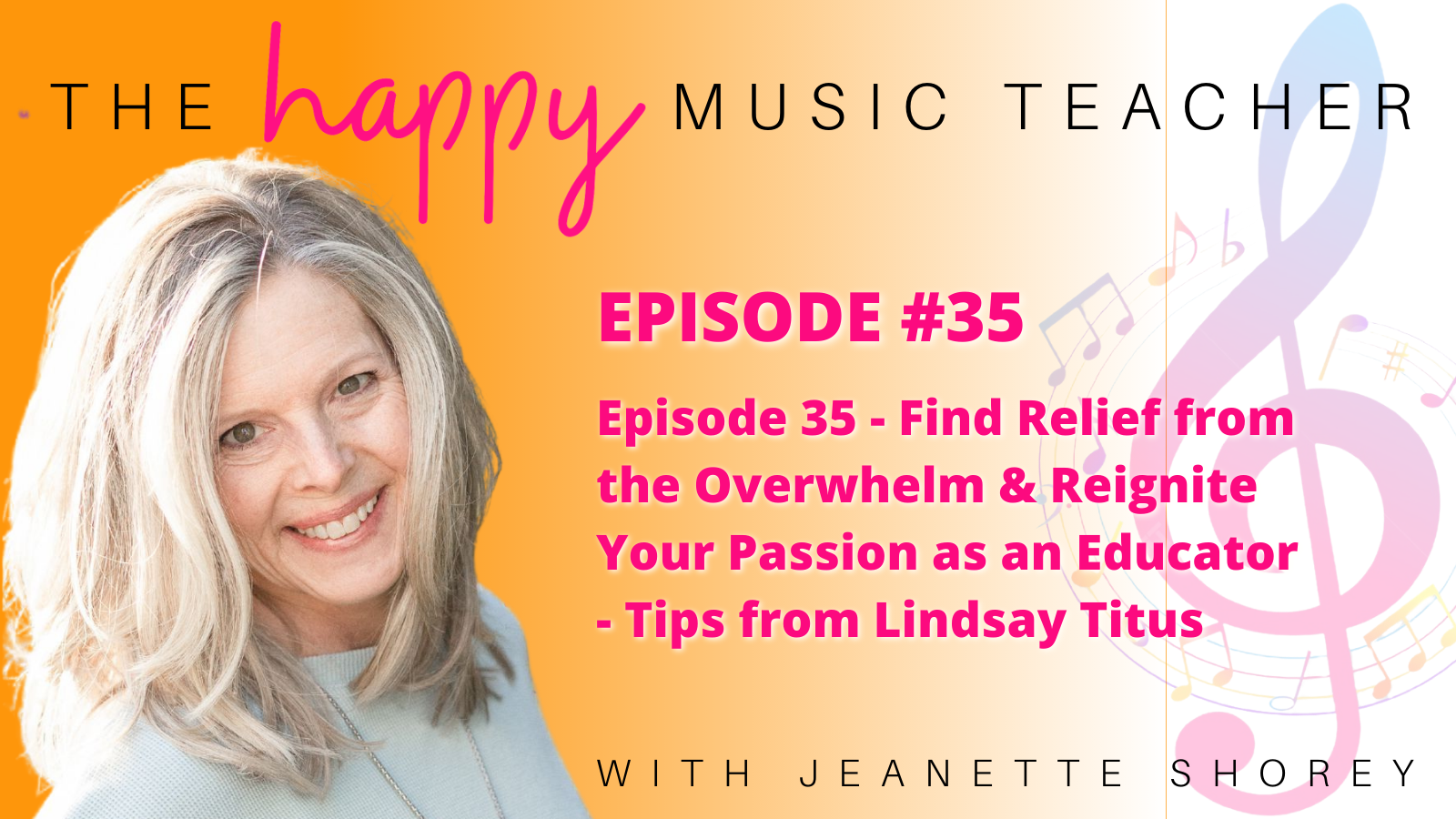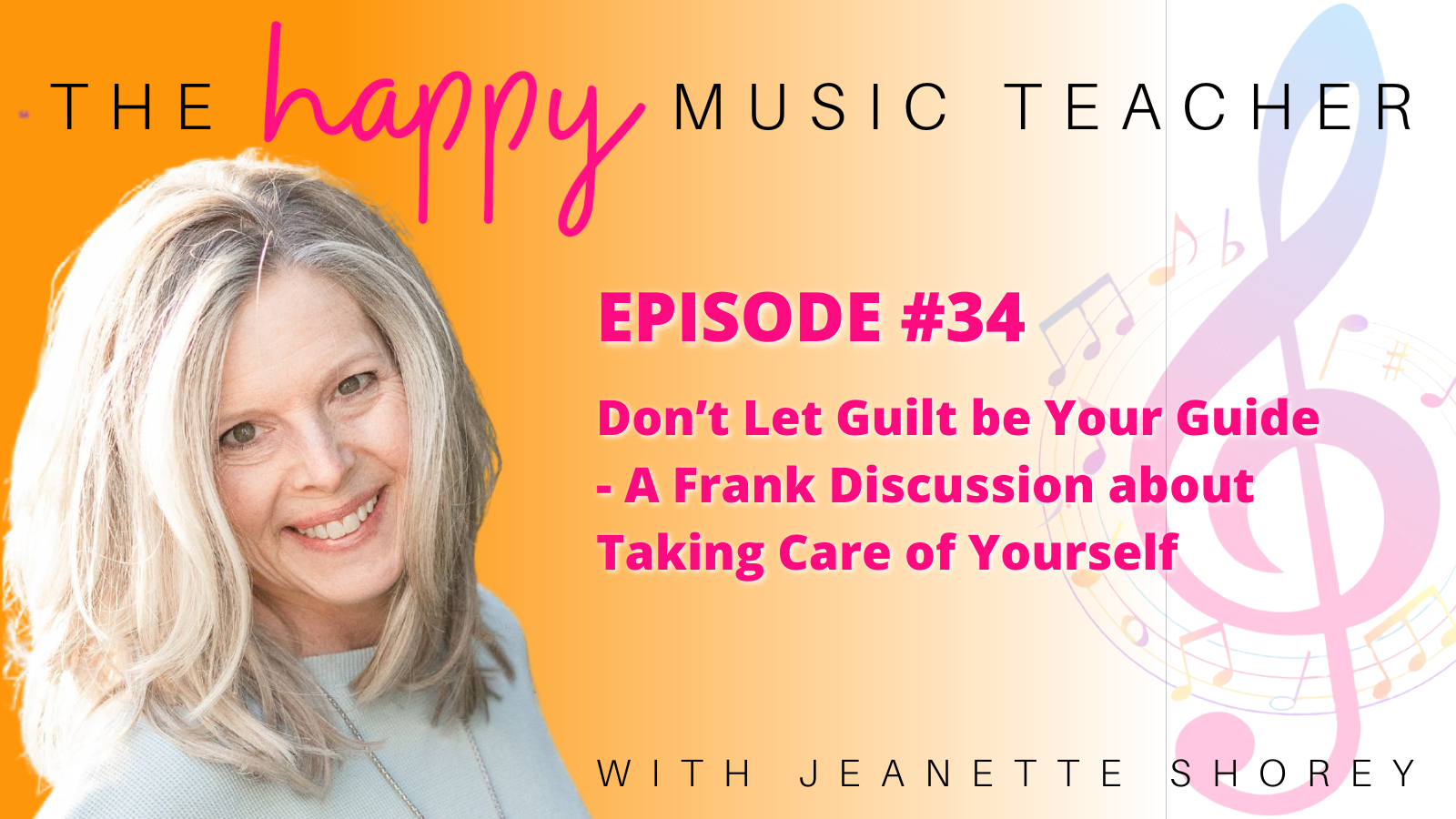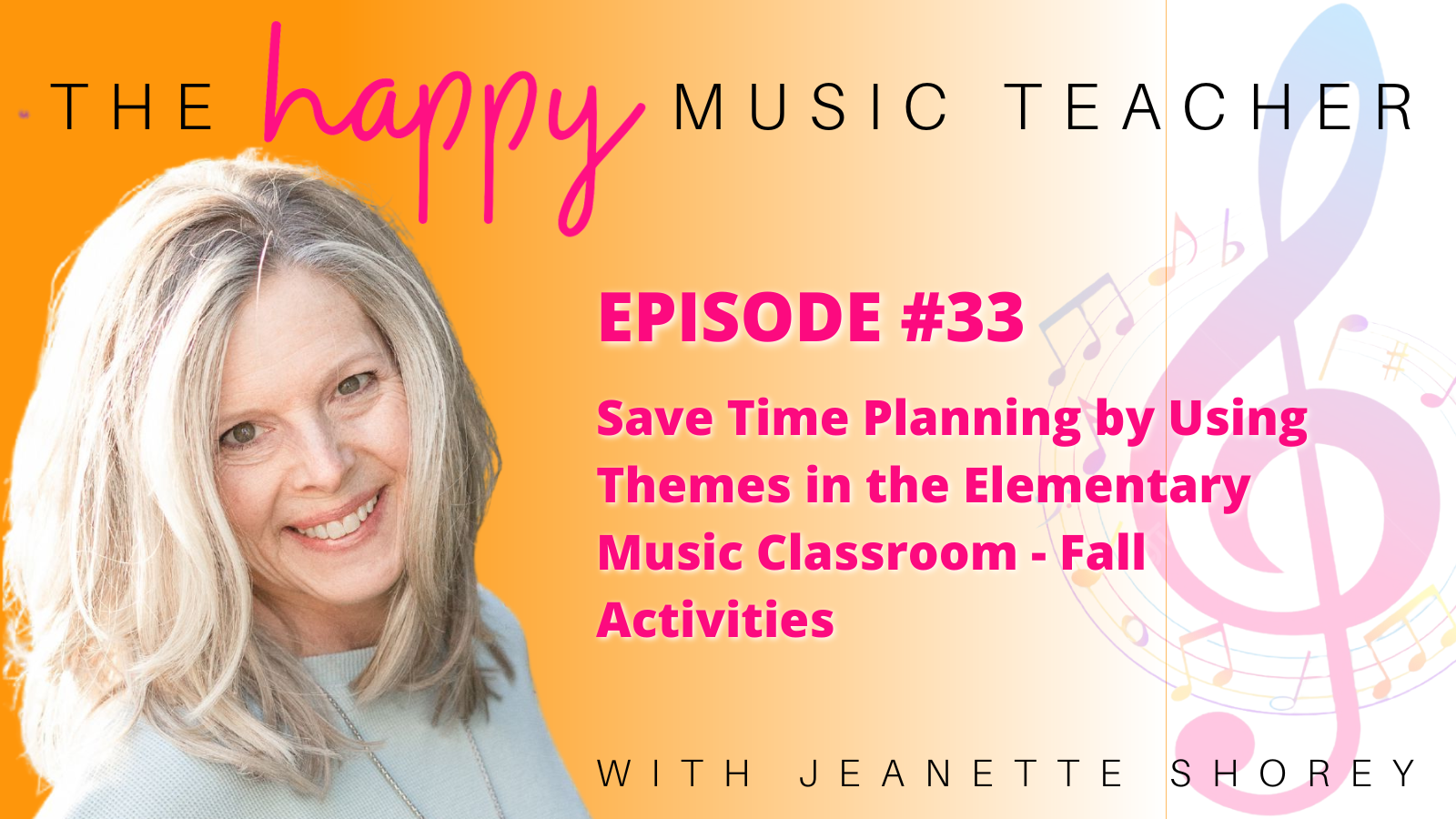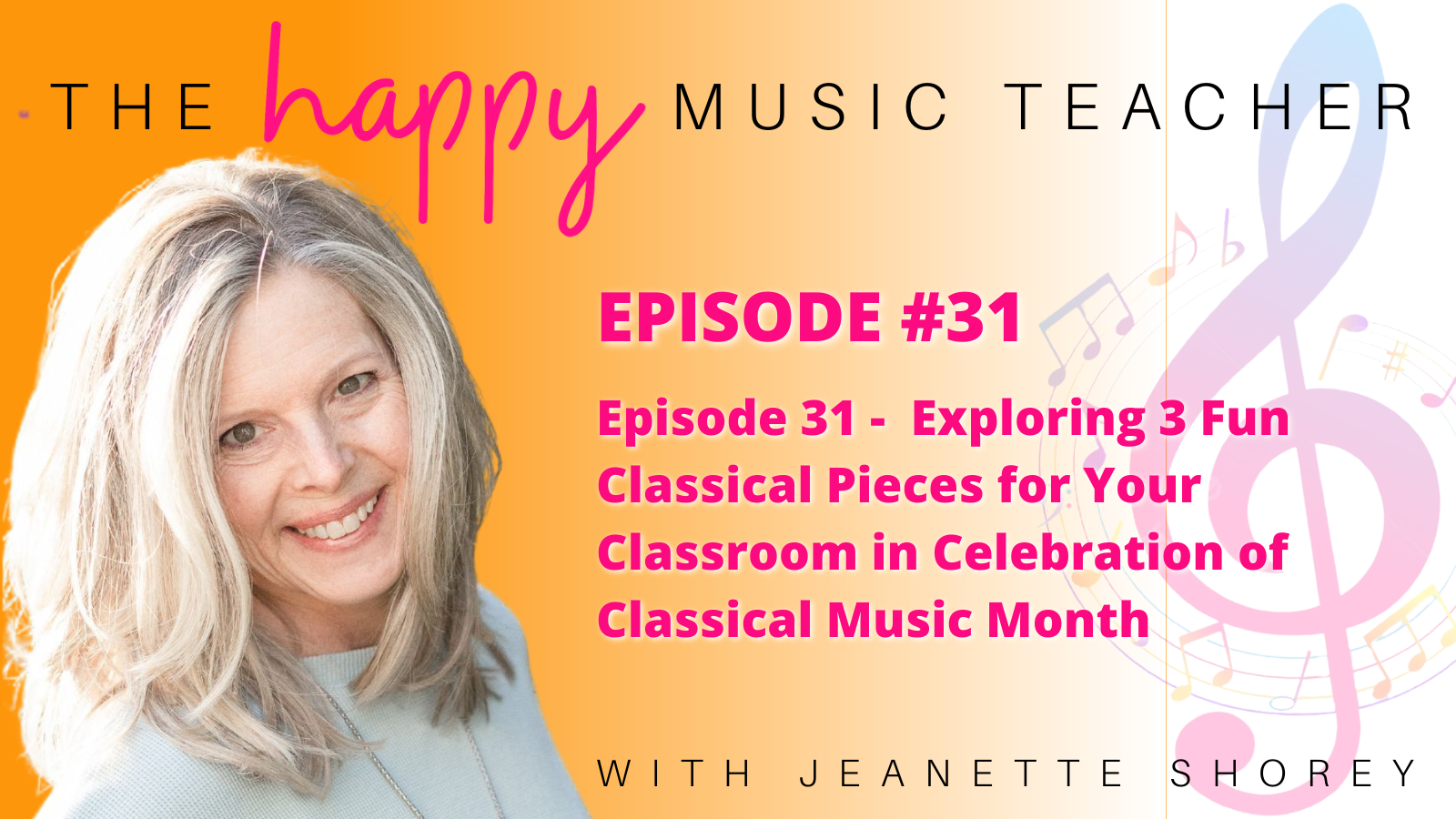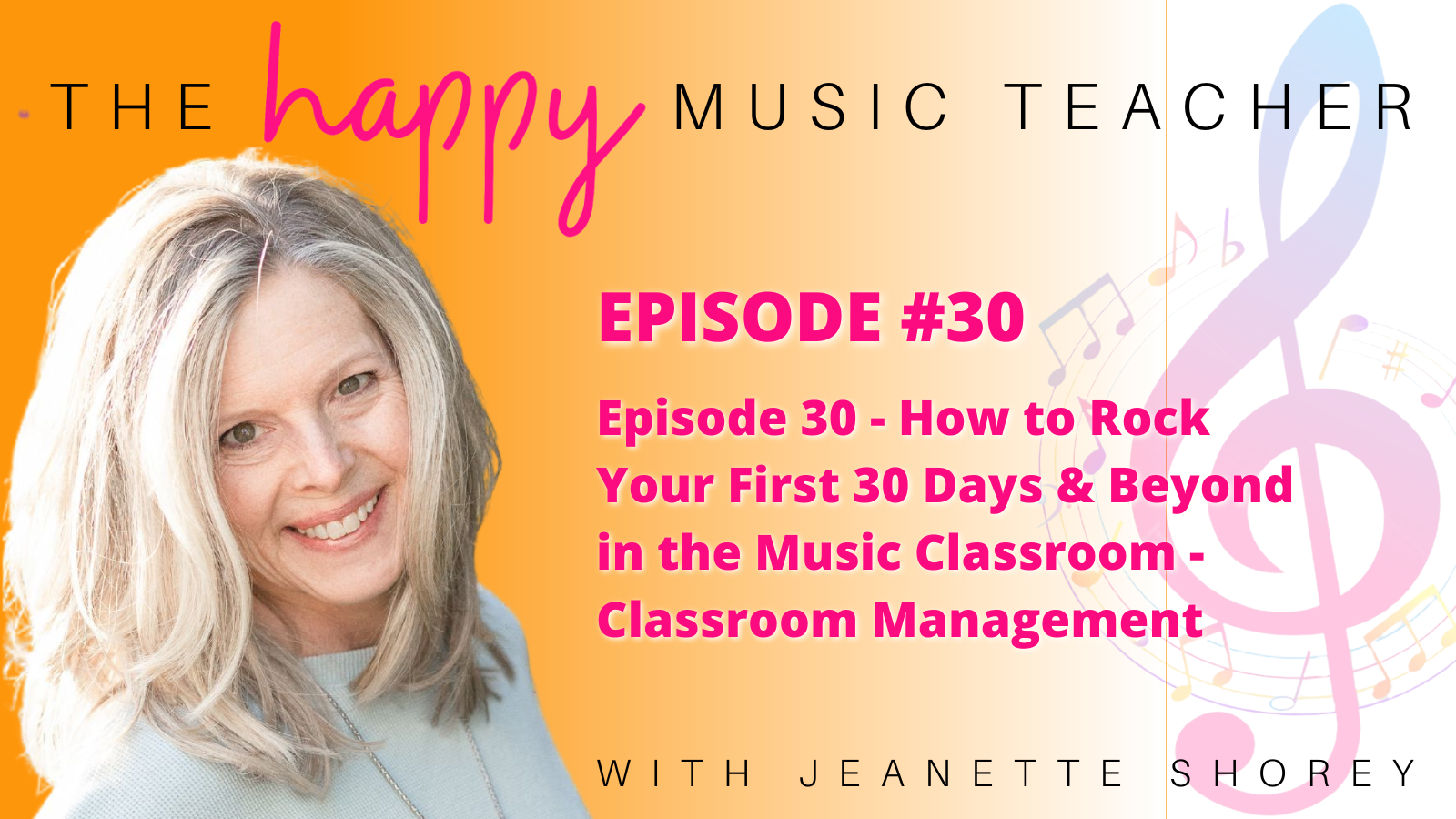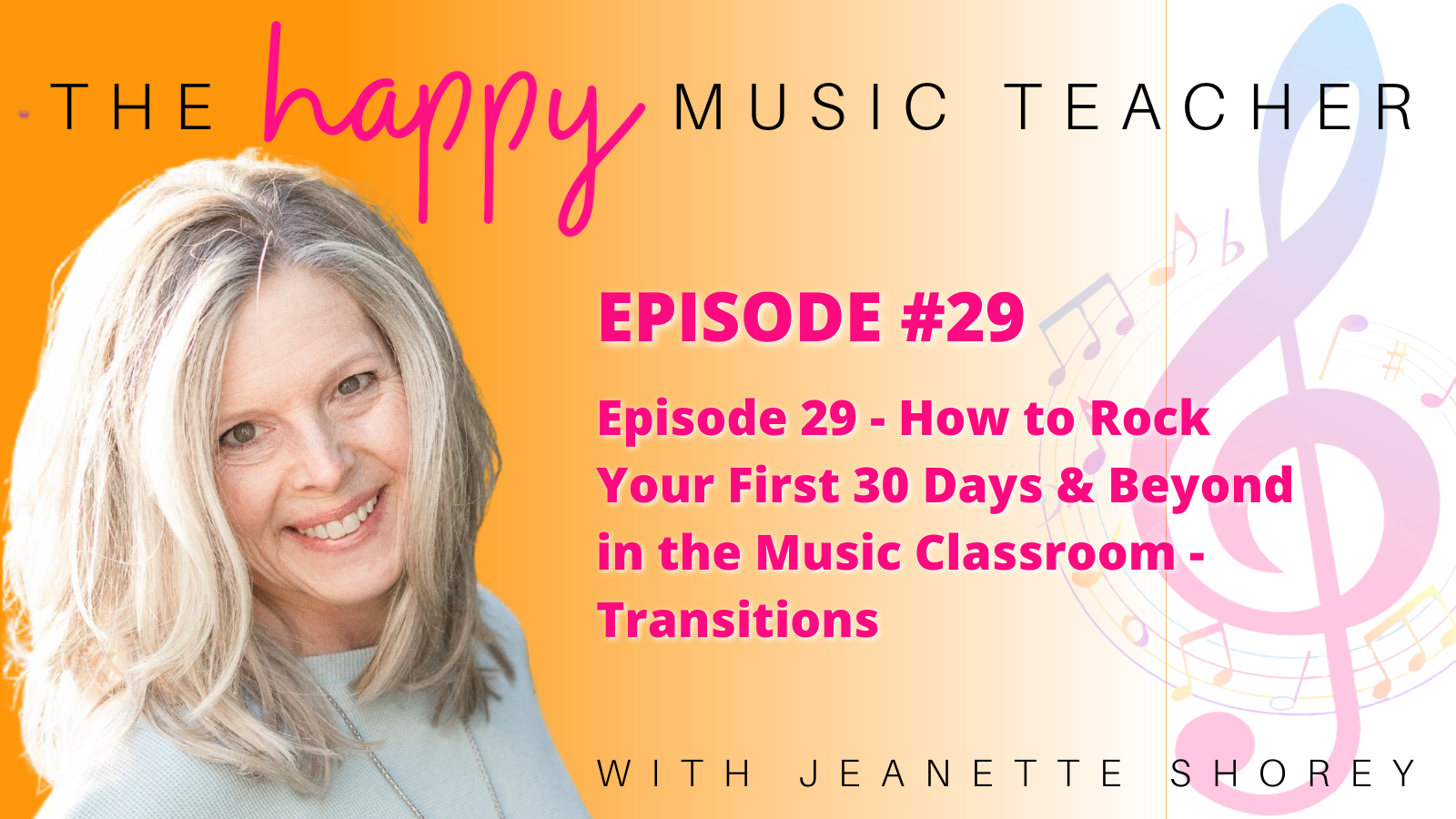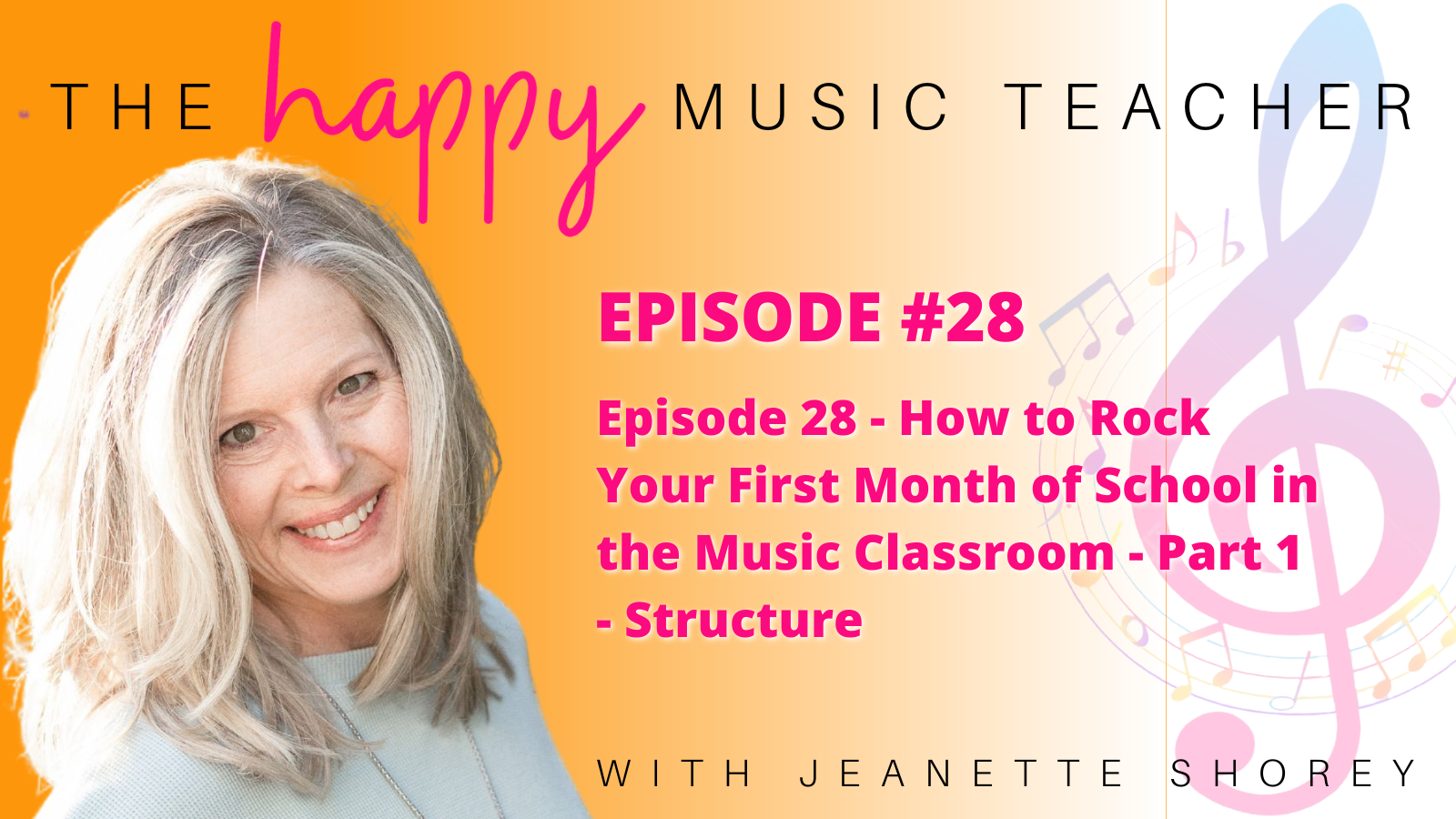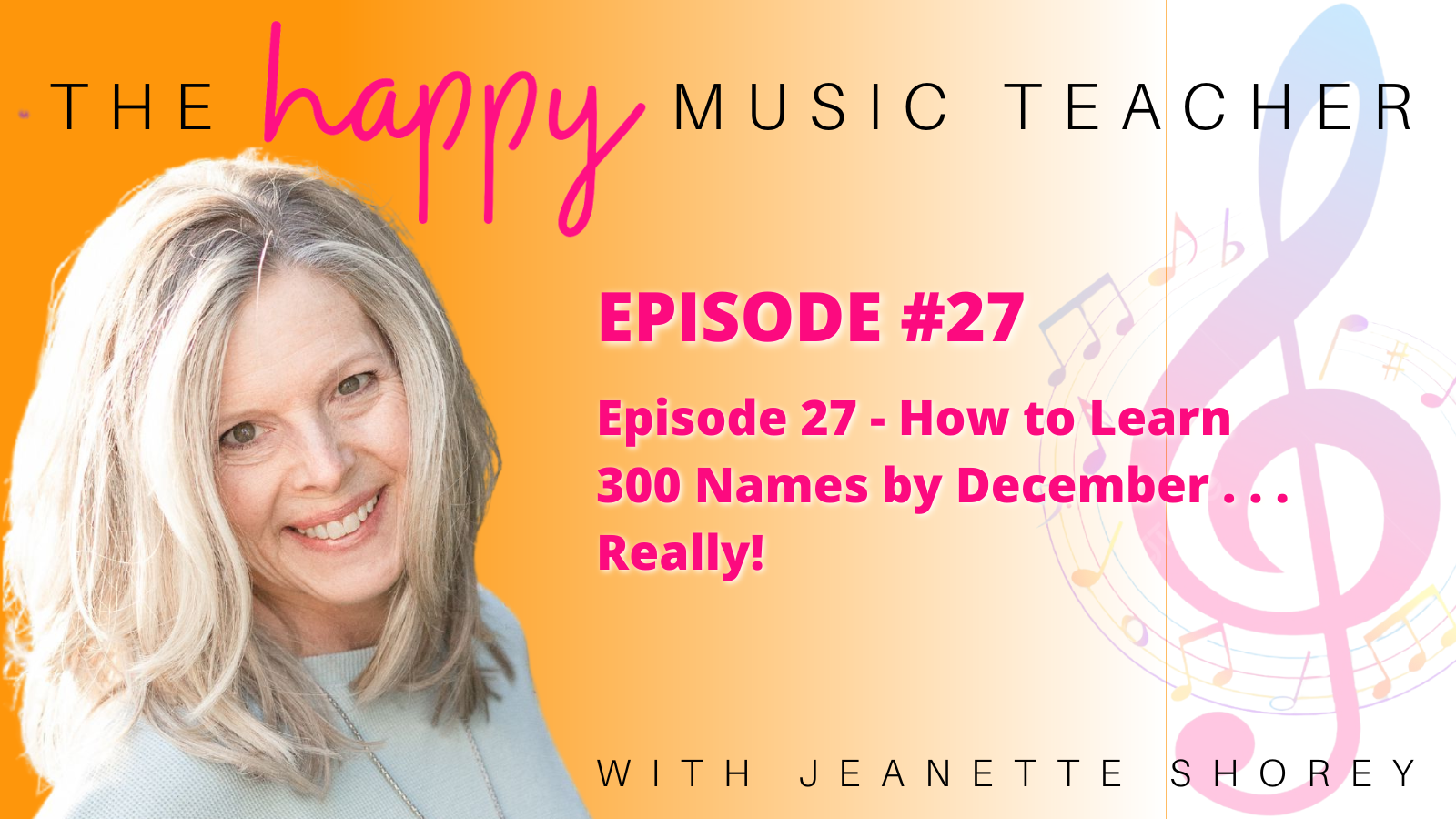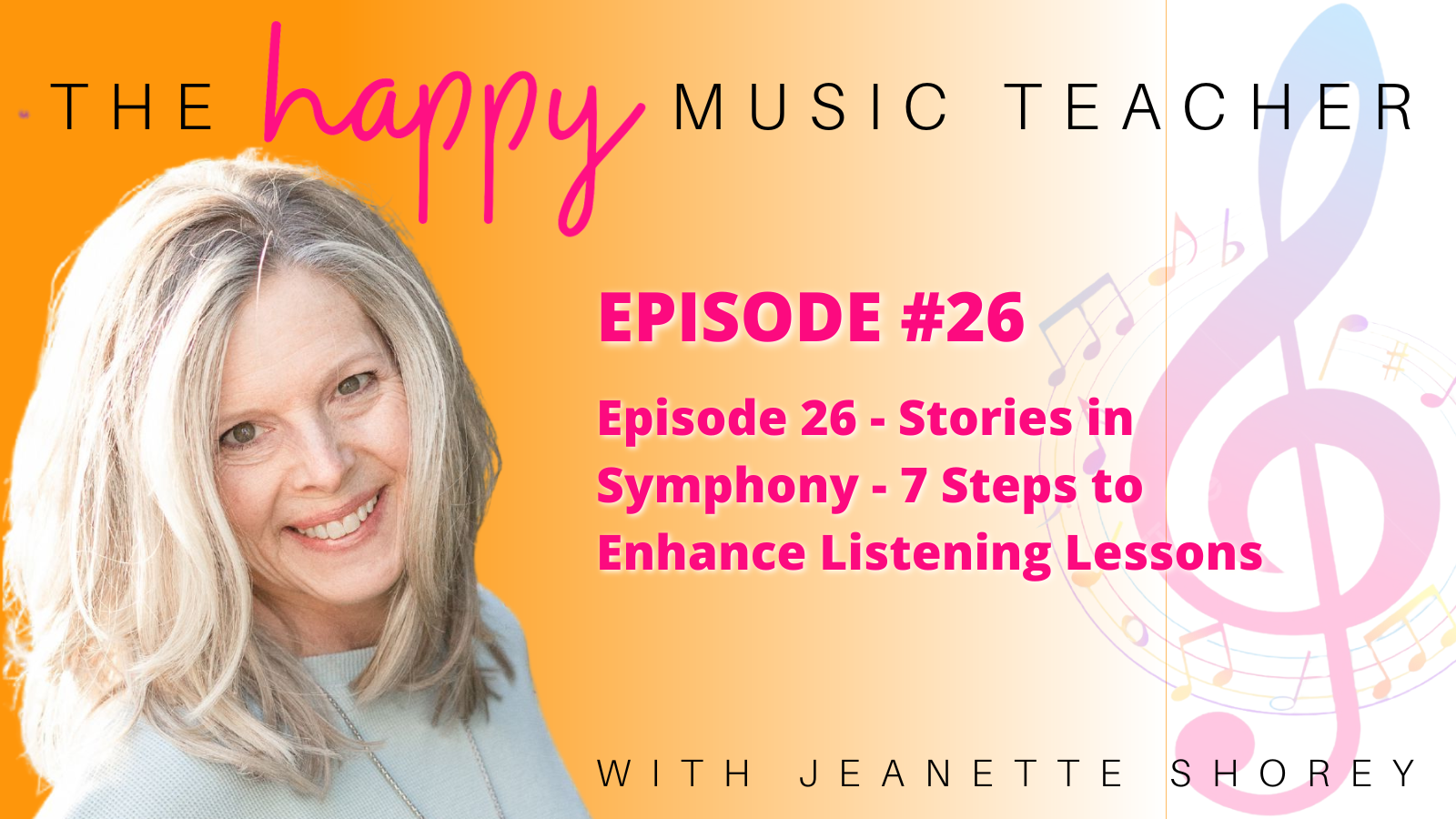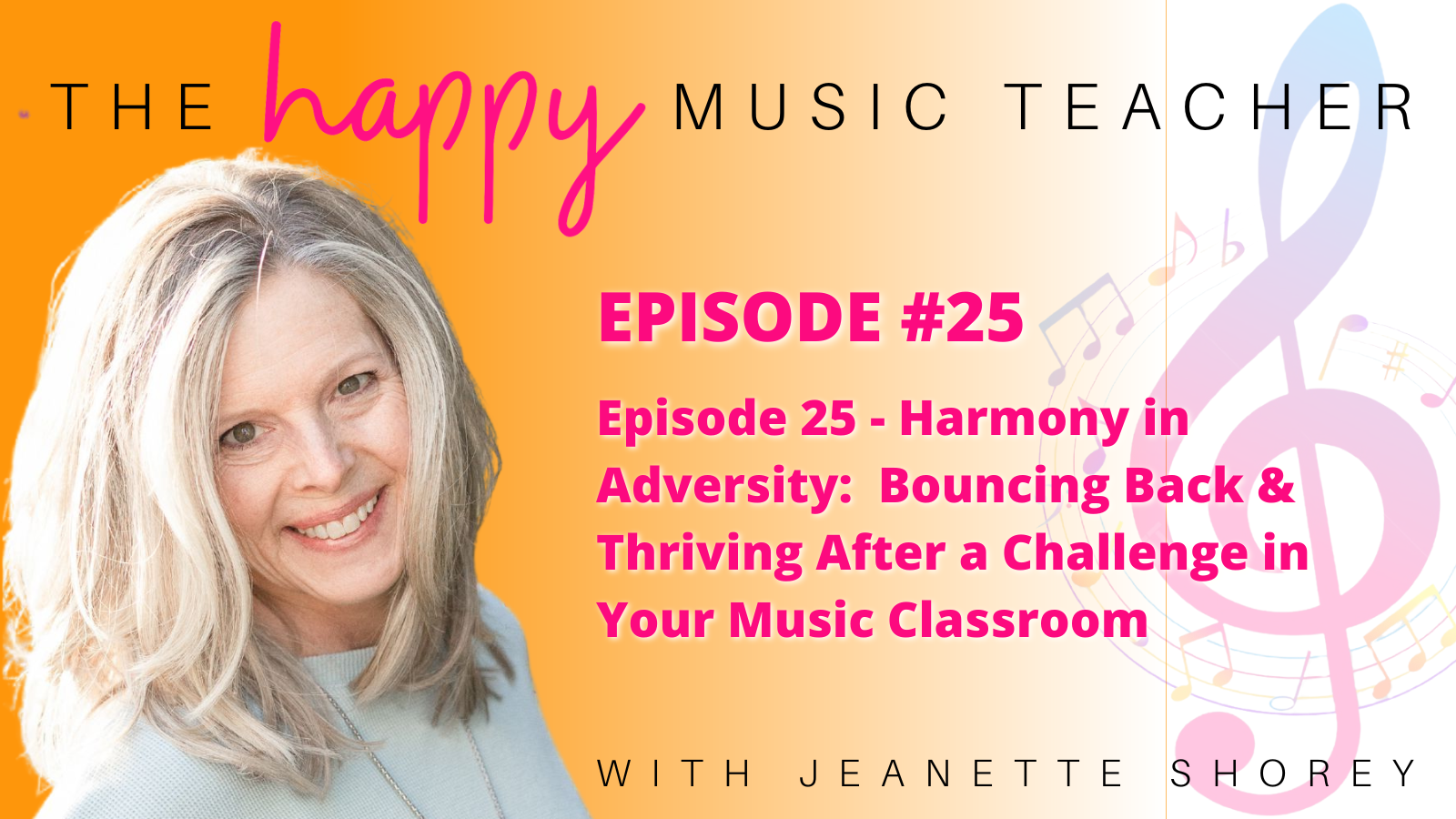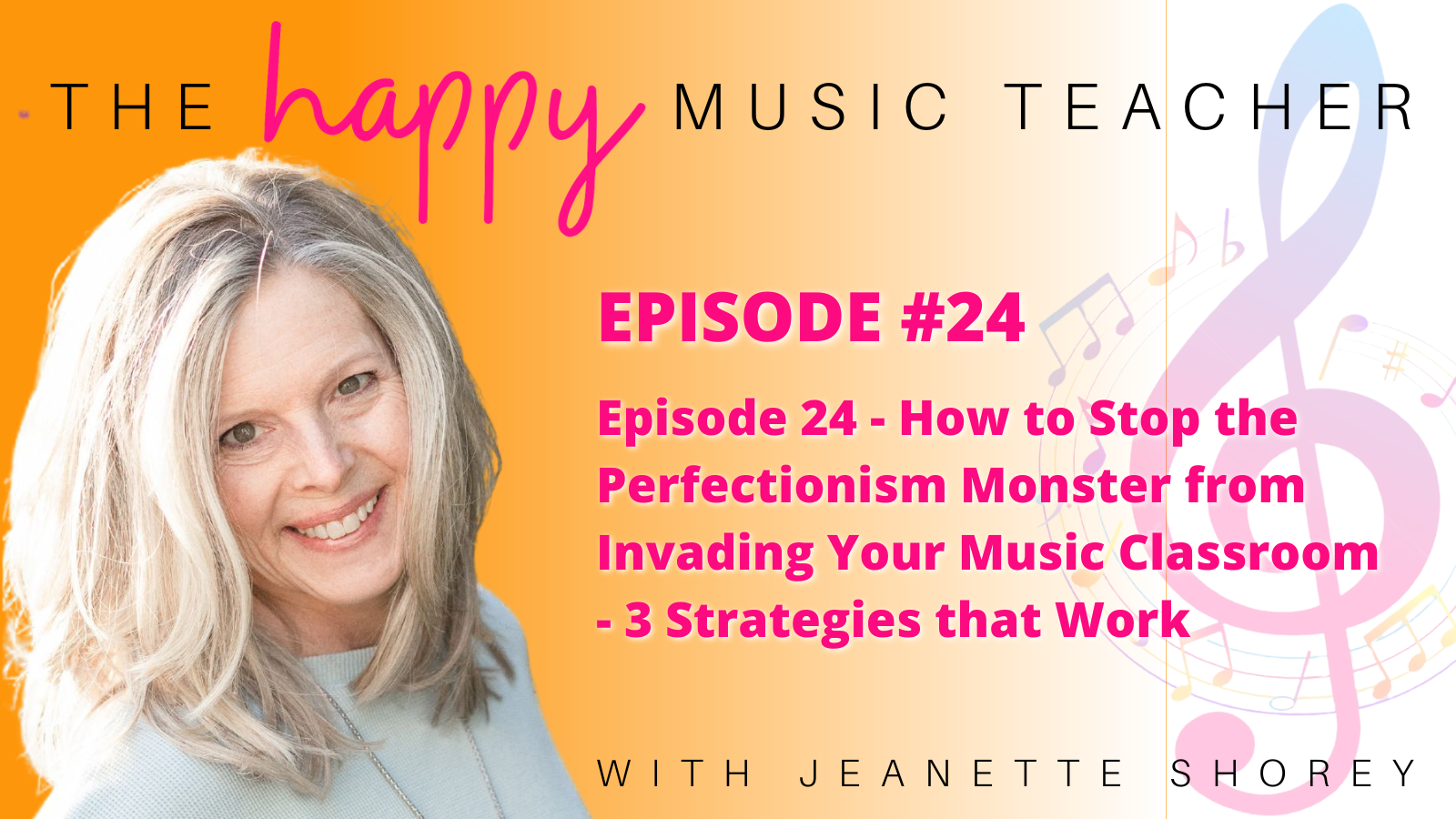Happy Classical Music Month! In today’s episode, we’re diving headfirst into the joy of classical music by exploring three captivating pieces that will bring a smile to your students’ faces. These compositions are not just historically significant; they are also bursting with excitement, making them perfect for engaging listening lessons.
Join me as we delve into the enchanting world of classical music with Hungarian Dance No. 5, The Little Train of Caipira, and the grand finale of the 1812 Overture.
I’ll also share three valuable tips on structuring your listening lessons to ensure your students are not only captivated but actively engaged. So, let’s kick off this musical journey!
**Three Tips for Structuring Engaging Listening Lessons**
**Choose Music That Sounds Exciting**
Discover the importance of selecting music that not only sounds exciting but also contains fun and dramatic elements, making it captivating for your students.
**Keep It Familiar for Your Students**
Learn the benefits of choosing music that is familiar to your students and how it can enhance their engagement in listening lessons.
**Active Learning with Fun Manipulatives**
Explore the use of manipulatives and interactive tools to keep your students actively engaged during listening lessons, turning passive listening into an immersive experience.
**Hungarian Dance No. 5**
We begin our exploration with the lively Hungarian Dance No. 5, composed by Johannes Brahms. Your students will get to work on loud and soft or high and low using this infectious rhythm that will have your students tapping their feet.
**The Little Train of Caipira**
Next up is Heitor Villa-Lobos’s The Little Train of Caipira. Explore the playful melodies and the charming narrative behind this piece. Your students will explore this piece by using bean bags and making a train that travels all the way around your classroom.
**1812 Overture Finale**
We conclude our musical journey with the grandeur of the 1812 Overture Finale by Pyotr Ilyich Tchaikovsky. Delve into the historical significance and dramatic changes within this masterpiece. Your students will be engaged and excited by using scarves or streamers and even bouncy balls as they explore this piece.
**Resource Share: Listening Lessons Bundle (Fun Classical Pieces)**
Explore a valuable resource, the Listening Lessons bundle, filled with exciting classical pieces and lesson plans to aid your teaching. Plus, check out the YouTube video reference to assist you in creating dynamic lesson plans for the bundle.
Thank you for joining us in this celebration of Classical Music Month. I hope these insights and the exploration of these delightful classical pieces will inspire you to infuse more excitement and engagement into your classroom. Happy teaching, and until next time, keep the music alive!
——————–
What we talked about:
My favorite YouTube videos of each piece –
Hungarian Dance No. 5 If you find this one too fast, you can try this version.
1812 Overture Finale. If you don’t love the cannons being shown, you could try this version. I love the close-ups in this one.
15 Most Famous Tunes on Classical Music
The previous podcast I mentioned – Stories in Symphony – 7 Steps to Enhance Listening Lessons
Fun Classical Music Lesson Plan Bundle

